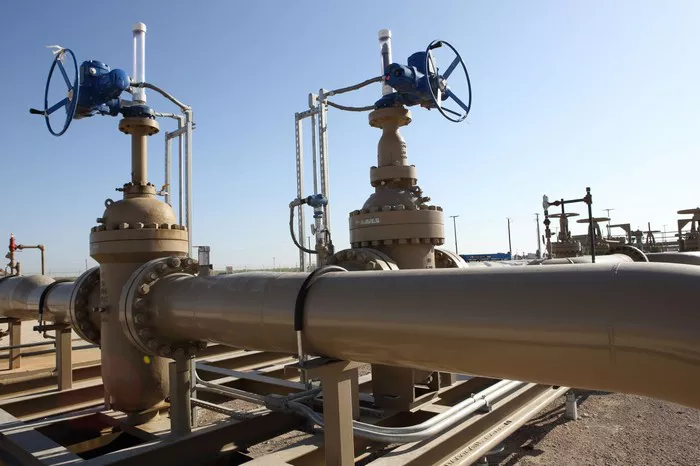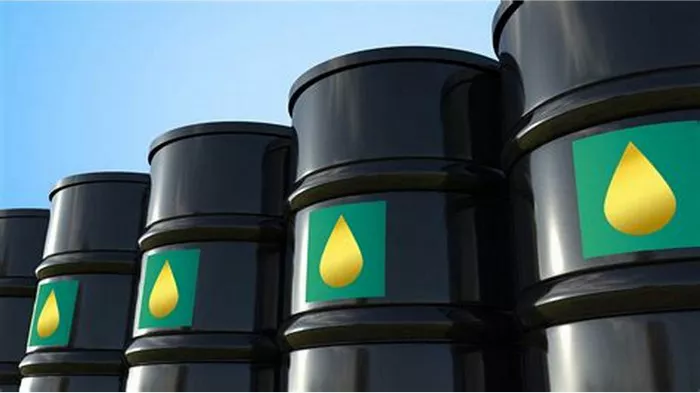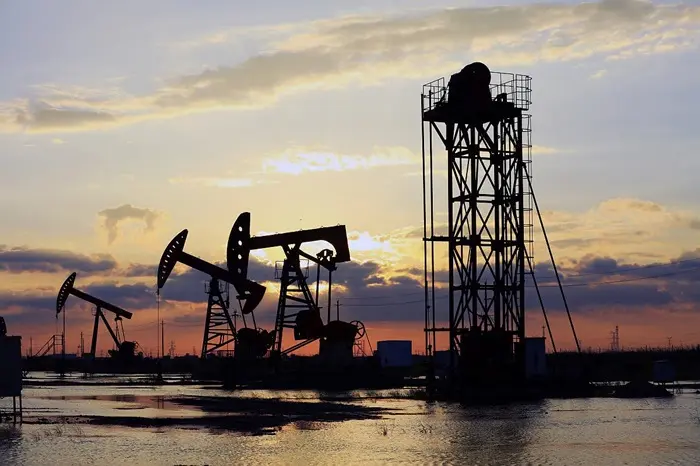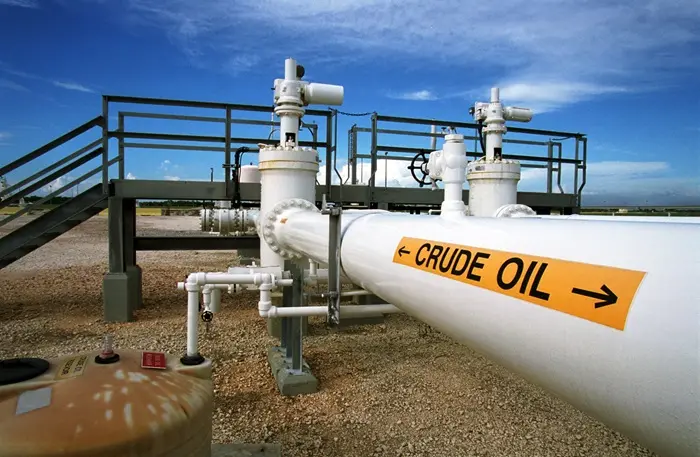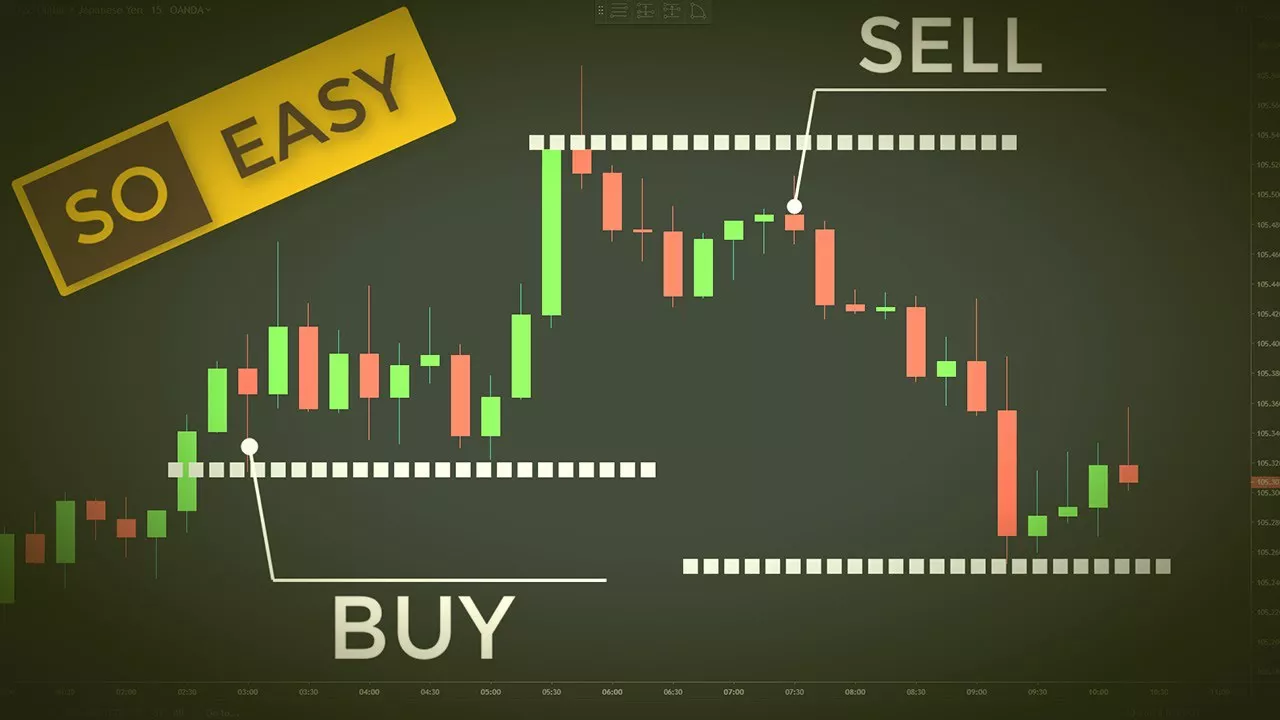Crude oil is one of the most critical commodities in the global economy. It fuels industries, powers vehicles, and plays a vital role in the production of various goods. The price of crude oil significantly affects economies, energy costs, and everyday life. Understanding why crude oil is expensive requires an exploration of various factors, including supply and demand dynamics, geopolitical events, production costs, and market speculation. This article will provide a comprehensive overview of these factors, helping you understand the complexities of crude oil pricing.
The Basics of Crude Oil
1. What Is Crude Oil?
Crude oil is a naturally occurring, unrefined petroleum product composed of hydrocarbon deposits and other organic materials. It is extracted from the earth and refined into various products, including gasoline, diesel, and jet fuel. Crude oil is classified into several categories based on its physical characteristics, such as light or heavy, and sweet or sour.
2. Types of Crude Oil
Crude oil comes in different grades, each with unique characteristics. The two primary types are:
Brent Crude: Sourced from the North Sea, Brent crude is one of the major benchmarks for oil pricing. It is known for its light, sweet quality, making it easier to refine into high-quality products.
West Texas Intermediate (WTI): WTI is another significant benchmark, primarily sourced from the United States. It is also light and sweet, making it suitable for refining.
Factors Contributing to the High Cost of Crude Oil
Understanding why crude oil is expensive involves analyzing various factors that influence its pricing. The following sections outline the primary factors affecting crude oil prices.
1. Supply and Demand Dynamics
A. Global Demand for Oil
The demand for crude oil is influenced by economic growth, population growth, and energy consumption patterns. As economies grow, so does their energy needs, leading to increased demand for oil. Countries like China and India have seen significant economic expansion, driving up global oil demand.
Economic Growth: A booming economy increases industrial activity and transportation needs, resulting in higher oil consumption.
Population Growth: A growing population leads to increased energy needs for transportation, heating, and electricity generation.
B. Supply Constraints
The supply of crude oil can be affected by various factors, including production levels, natural disasters, and geopolitical events. When supply is limited or disrupted, prices tend to rise.
OPEC Production Cuts: The Organization of the Petroleum Exporting Countries (OPEC) often regulates oil production to maintain price stability. When OPEC decides to cut production, the reduced supply can lead to higher prices.
Geopolitical Events: Political instability in oil-producing regions, such as the Middle East, can disrupt supply and lead to price spikes. Conflicts, sanctions, and trade disputes can all impact oil production.
2. Production Costs
The cost of producing crude oil is another significant factor influencing its price. Various elements contribute to production costs:
A. Exploration and Extraction Costs
Finding and extracting crude oil involves significant investments in technology, equipment, and labor. These costs can vary based on factors such as the complexity of the extraction process and the location of the oil fields.
Deepwater Drilling: Extracting oil from deepwater locations is more expensive than from onshore fields due to the advanced technology required.
Shale Oil Production: The extraction of shale oil involves hydraulic fracturing (fracking), which has high upfront costs but can be profitable if oil prices are high.
B. Regulatory Compliance
Oil companies must adhere to environmental regulations and safety standards, which can increase production costs. Stricter regulations may require additional investments in technology and processes, further raising costs.
3. Geopolitical Tensions and Instability
Geopolitical factors significantly impact crude oil prices. Conflicts, sanctions, and political instability in oil-producing countries can create uncertainty in the market.
A. Political Instability in Oil-Producing Regions
Political unrest in key oil-producing nations can disrupt production and supply. Events such as civil wars, regime changes, or protests can lead to decreased output and higher prices.
Middle East Conflicts: The Middle East is a significant oil-producing region, and conflicts in countries like Iraq, Libya, and Syria can lead to price volatility.
B. Sanctions and Trade Policies
Sanctions imposed on oil-producing countries can restrict their ability to export oil. For instance, sanctions against Iran have led to reduced oil supply in the market, contributing to higher prices.
4. Currency Fluctuations
Crude oil is typically traded in U.S. dollars, meaning that fluctuations in the value of the dollar can impact oil prices. When the dollar weakens, crude oil becomes cheaper for foreign buyers, often leading to increased demand and higher prices.
A. Dollar Strength
A strong U.S. dollar generally makes crude oil more expensive for countries using other currencies. Conversely, a weak dollar can boost oil prices as foreign buyers take advantage of the lower relative cost.
5. Market Speculation
Speculation in the oil market can lead to price volatility. Traders and investors often buy and sell crude oil futures contracts based on their expectations of future price movements.
A. Futures Contracts
Futures contracts allow investors to speculate on the future price of crude oil. If traders believe prices will rise, they may buy futures contracts, driving up current prices.
B. Market Sentiment
Market sentiment plays a significant role in determining crude oil prices. Factors such as economic indicators, news reports, and geopolitical developments can influence traders’ perceptions and lead to price fluctuations.
Historical Context of Crude Oil Prices
1. Oil Price Shocks
Throughout history, there have been several significant oil price shocks that have impacted the global economy:
A. 1973 Oil Crisis
The 1973 oil crisis was triggered by the Yom Kippur War, leading to an embargo imposed by Arab oil-producing nations. Oil prices quadrupled, resulting in widespread economic disruption and inflation.
B. 2008 Financial Crisis
The 2008 financial crisis led to a sharp increase in oil prices, reaching nearly $150 per barrel. The subsequent economic downturn caused a rapid decline in demand, leading to a sharp drop in prices.
2. Recent Price Trends
In recent years, crude oil prices have experienced significant fluctuations:
A. COVID-19 Pandemic
The COVID-19 pandemic caused a dramatic decline in global oil demand as economies shut down. Oil prices briefly turned negative in April 2020 due to oversupply and lack of storage capacity.
B. Recovery and Rising Prices
As economies reopened, demand for oil surged, leading to rising prices. Factors such as supply chain disruptions, geopolitical tensions, and OPEC production decisions contributed to the upward trend in prices.
The Future of Crude Oil Prices
1. Transition to Renewable Energy
As the world moves towards renewable energy sources, the demand for crude oil may be affected in the long term. However, the transition to renewable energy is likely to be gradual.
Impact on Oil Demand: While renewable energy sources are gaining traction, fossil fuels will continue to play a significant role in the global energy mix for the foreseeable future.
2. Technological Advances
Technological advancements in oil extraction and production can influence the cost structure of crude oil. Innovations may lead to more efficient extraction methods, potentially lowering production costs.
3. Geopolitical Stability
The stability of key oil-producing regions will remain a critical factor in determining crude oil prices. Ongoing geopolitical tensions can create uncertainty and drive prices higher.
Conclusion
Crude oil is a vital commodity that plays a crucial role in the global economy. Understanding why crude oil is expensive involves analyzing a complex interplay of supply and demand dynamics, production costs, geopolitical factors, and market speculation. While prices may fluctuate due to various factors, crude oil will continue to be a significant energy source for the foreseeable future.
As consumers, investors, and policymakers navigate the complexities of the oil market, it is essential to stay informed about the factors influencing crude oil prices. By understanding these dynamics, individuals and organizations can make more informed decisions regarding energy consumption, investment strategies, and economic planning.
Related topics:
- Crude Oil Reserves Ranked: Which Global Region Leads the Way?
- How Much Crude Oil Is Left in the World?
- Where Has the World’s Largest Deposit of Heavy Crude Oil Been Found?

